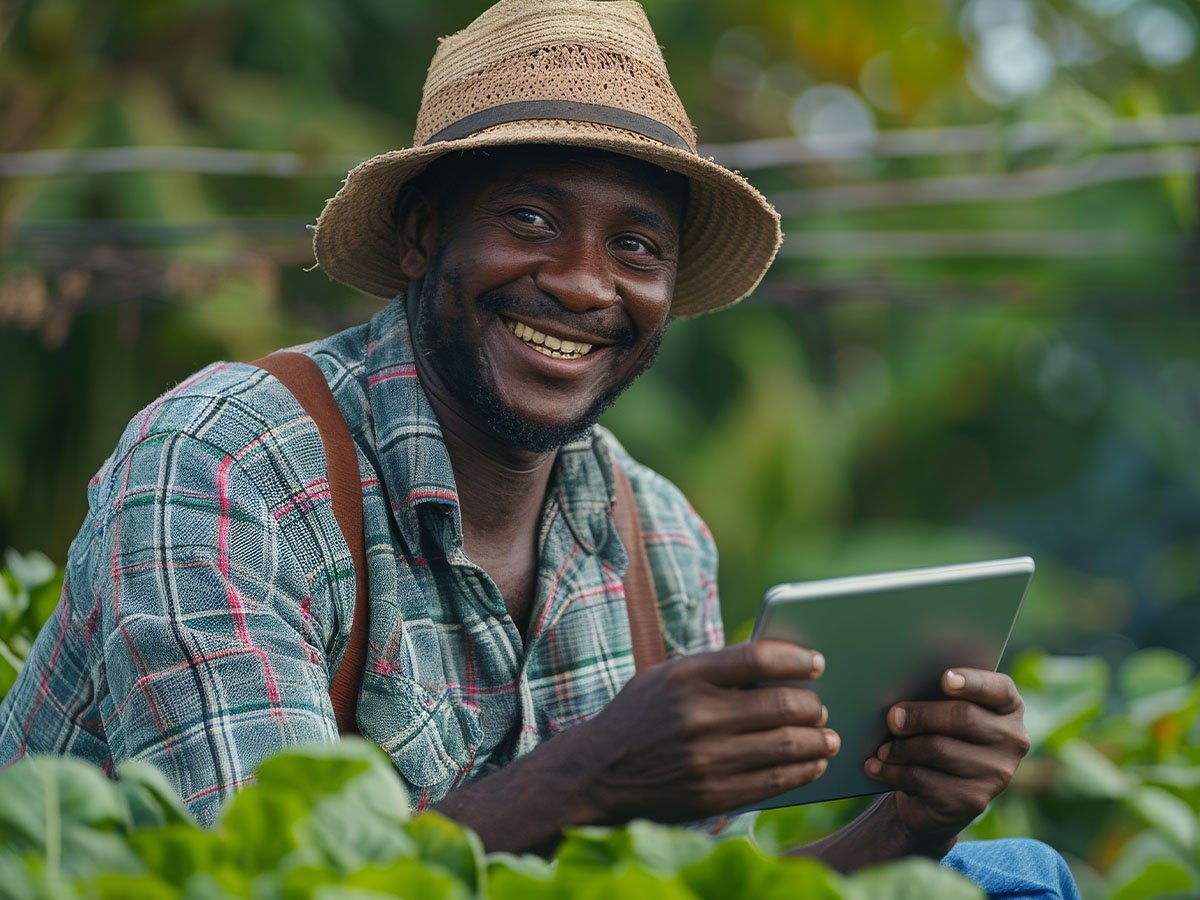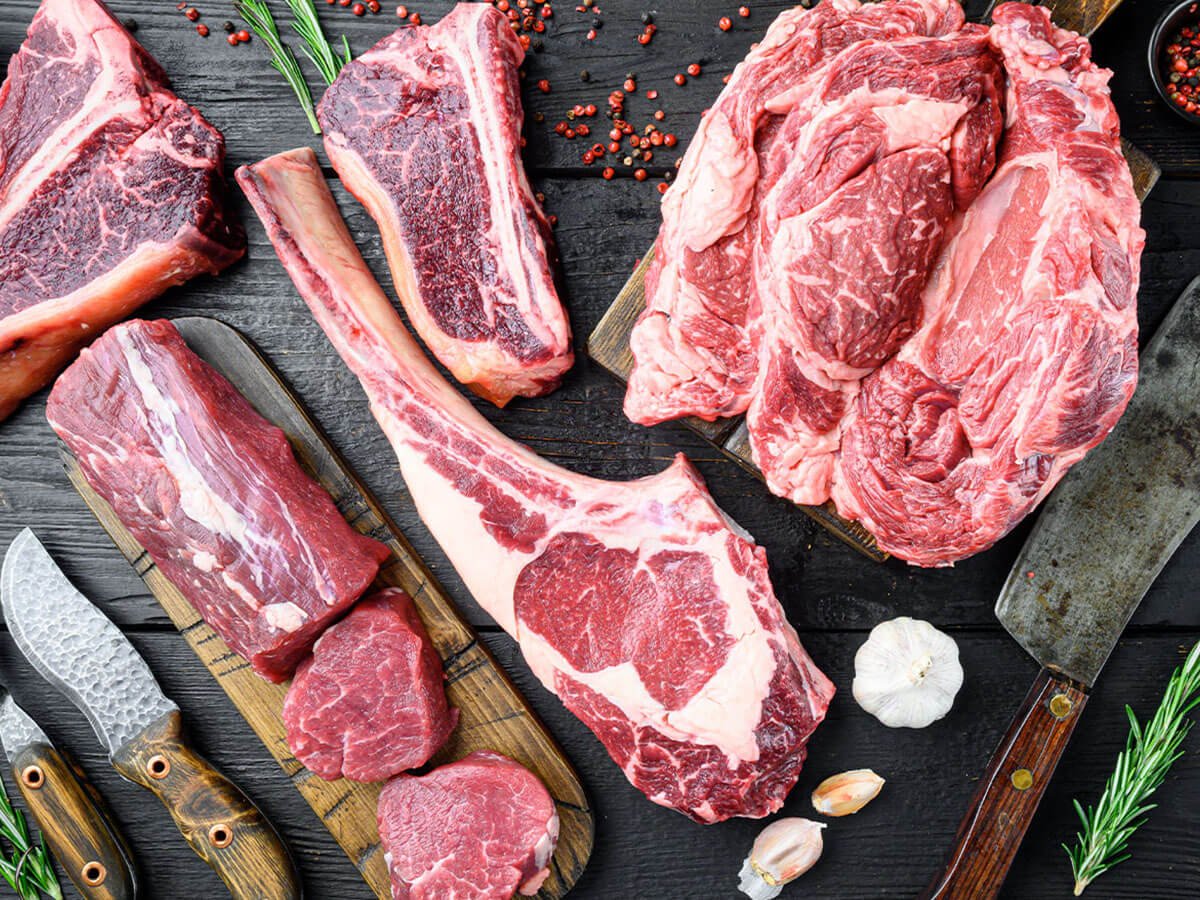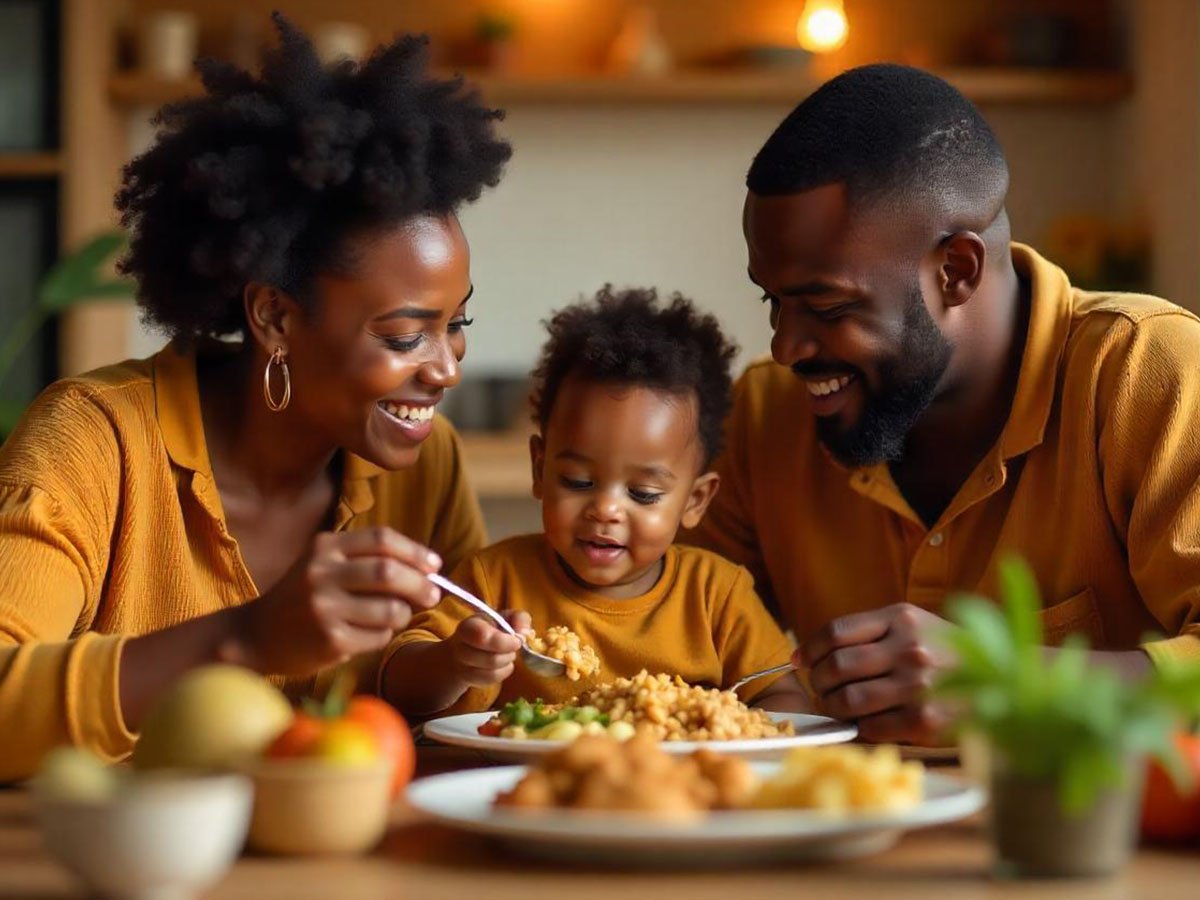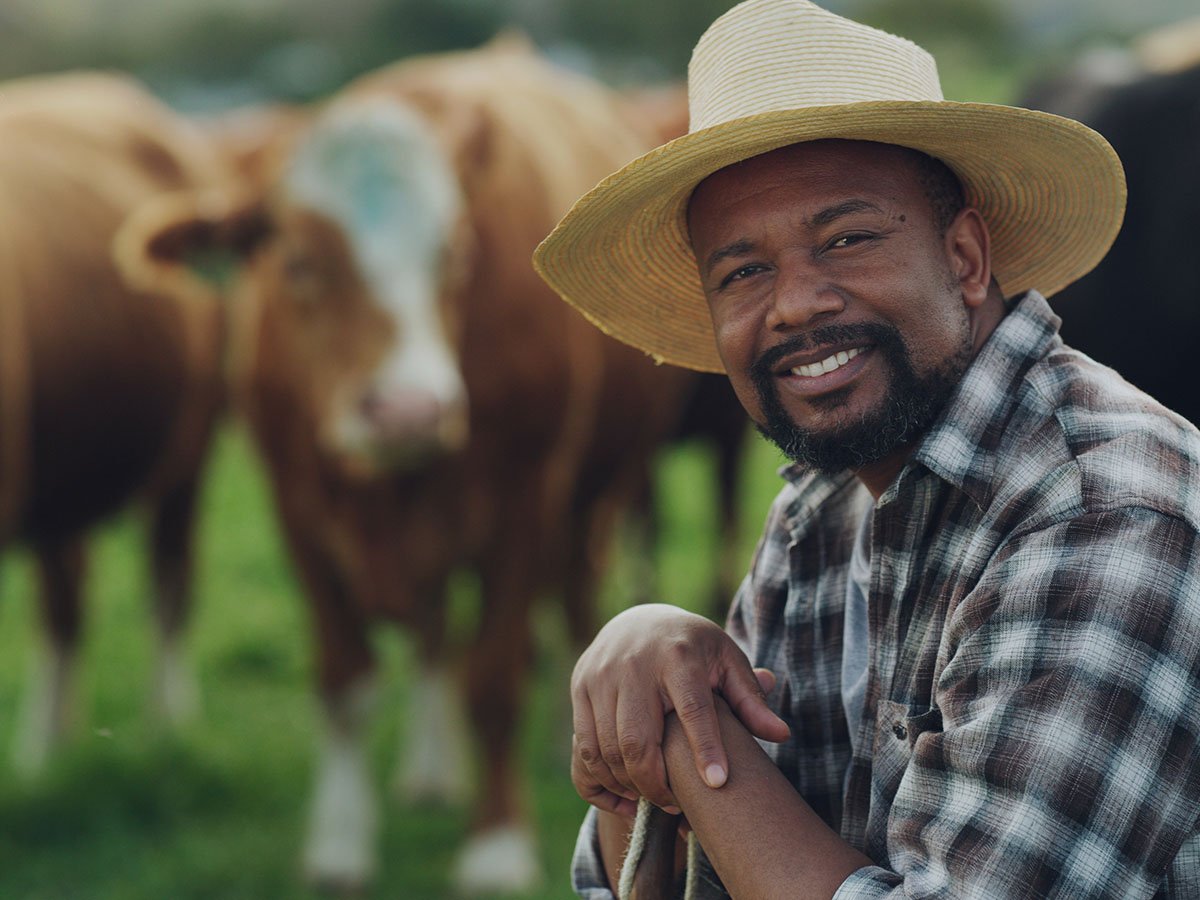A deep dive into The Environmental Impact of Choosing Local Farm Produce in Kenya. Sustainability and climate action have become central to the global conversation, one of the simplest yet most powerful steps we can take is choosing local farm produce. In Kenya, the movement toward locally sourced food isn’t just a trend it’s a necessary shift that benefits the environment, economy, and communities. Every time you pick fresh vegetables, meat, or dairy from a local farmer instead of an imported option, you’re helping to protect the planet in ways that go far beyond your plate.
The Hidden Carbon Footprint of Imported Food
Most imported foods travel thousands of kilometers before reaching Kenyan markets. From fuel-guzzling cargo planes to refrigerated trucks, this long supply chain contributes significantly to carbon emissions. By contrast, local farm produce in Kenya cuts down on transportation distances, leading to lower greenhouse gas emissions and reduced fossil fuel consumption. Choosing local not only minimizes your carbon footprint but also supports a circular economy that keeps resources within the country.
Supporting Sustainable Farming Practices
Many local Kenyan farmers rely on traditional and regenerative agricultural methods that respect the environment. They rotate crops, use natural compost, and often avoid heavy chemical use practices that improve soil fertility and preserve biodiversity. When you buy locally grown food, you are directly supporting sustainable farming and helping to maintain Kenya’s delicate ecosystems. At Soba Renaissance, our farm-to-fork model is built around eco-conscious farming methods that prioritize soil health, clean water, and ethical animal welfare.
Reducing Food Waste Through Shorter Supply Chains
Imported food often spends days or weeks in transit, leading to spoilage and waste along the way. Local produce, however, moves quickly from farm to fork, staying fresher for longer and reducing the amount of food wasted. Soba Renaissance works closely with farmers to streamline this process ensuring food reaches consumers while it’s still nutrient-rich, flavorful, and fresh. This not only reduces waste but also conserves the resources used to grow and transport food.
Protecting Local Biodiversity
Kenya’s agricultural biodiversity is under threat from industrial farming and imported hybrids. Supporting local farms means encouraging the cultivation of indigenous varieties of crops and livestock that are better adapted to our climate and soil. This helps safeguard Kenya’s food resilience and natural diversity for future generations. At Soba Renaissance, we proudly promote ethical sourcing and farm sustainability as part of our commitment to preserving nature’s balance.
Boosting the Local Economy While Saving the Planet
When you choose Kenyan farm produce, you’re not just making an eco-friendly choice you’re strengthening local livelihoods. You help farmers earn fair incomes, empower rural communities, and keep economic value circulating within Kenya. This local empowerment drives sustainable growth and reduces the dependency on imported goods that strain both our economy and the environment.
Why Soba Renaissance Leads the Way
At Soba Renaissance, we believe that every meal can make a difference. Our farm-to-fork approach ensures that all our produce from fresh vegetables to ethically raised meat comes directly from trusted Kenyan farms that share our sustainability values. We focus on reducing food miles, eliminating waste, and championing responsible sourcing so you can enjoy food that’s fresh, nutritious, and kind to the planet.
When you choose Soba Renaissance, you’re not just buying food you’re joining a movement for a greener, more sustainable Kenya.
Choose Local. Choose Sustainable. Choose Soba Renaissance.
Be part of the change by supporting environmentally conscious food systems that sustain Kenya’s land, farmers, and future. Together, we can build a healthier planet, one plate at a time.







